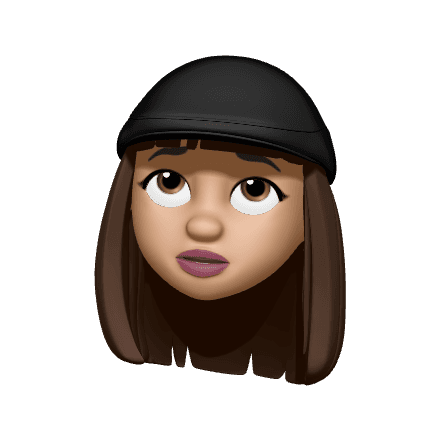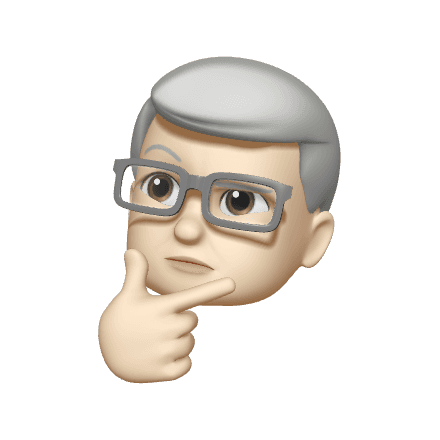Overview
I led the design of VillaKeep, a mobile-first platform that helps homeowners, landlords, and Airbnb hosts keep track of their home assets and plan for large expenses. Working directly with the founder, I designed and prototyped core features to validate the product vision and support fundraising.
The result is a tool that makes property ownership more organized, proactive, and financially sustainable.
Goals:
Help users stay on top of home maintenance and asset lifecycles.
Provide financial planning tools for large home expenses.
Create a simple, intuitive experience that scales to multiple properties.
Sole Product Designer
UX Strategy, UI Design, Wireframes, Prototyping, User Testing |
Client Stakeholders
Q3 2024 – Q1 2025
Spreadsheets don’t cut it
Managing multiple properties meant juggling spreadsheets, last-minute repairs, and a lot of stress. Two local landlords came to me with a clear goal: they needed a better way to keep track of appliances and fixtures across their rentals.
Tenants often didn’t report issues until it was too late. A broken fridge became a weekend emergency, leading to rush orders, poor replacement decisions, and expensive fixes. They needed a system that was proactive, not reactive.



Helping homeowners stay ahead of costly repairs by tracking key assets and large expenses
I designed VillaKeep, a mobile-first app to help landlords and homeowners keep track of what they own, plan ahead for major expenses, and shop smart for repairs and replacements.
It’s built for people who aren’t tech experts, with simple flows, clear hierarchies, and only the most relevant info, so they can act before things break, not after.
The process
Research and strategy
I began by interviewing homeowners, Airbnb hosts, and property managers to understand their pain points. Many were reactive: waiting for something to break, then scrambling. Most used separate tools for budgeting and maintenance, creating silos. Through this process, I:
Ran competitive analysis and tested Centriq (their closest competitor)
Identified the core users: homeowners, landlords, second homeowners, Airbnb hosts
Mapped shared pain points: last-minute repairs, financial stress, unreliable service pros





What we heard from users:

“I only know my appliances need maintenance when they break!”

"These days, if [a service] doesn't have reviews, I don't even wanna talk to them."

“I want my replacement appliances to just fit into my home—no extra work.”
Key takeaways:
Homeowners want to track appliance info in one place, but few do today.
Financial anxiety builds around sudden big-ticket expenses (like re-roofing).
Most users don’t know when to replace something… until it breaks.
Defining the MVP
Asset Tracking
Keeping the most important information in one place for easy user access, and suggesting replacements.

Highlighting the right information
Asset screens evolved from basic info to interactive records, cost-benefit analysis, and replacement modules to give users what they need when and where they need it.
Financial planning
Helping users plan ahead for large expenses tied to tracked home assets.

Simplifying user flows
Initially, I assumed users would want to connect their bank accounts to auto-track savings, but early feedback revealed it created more confusion than clarity. This pushed me to simplify the model into one account with flexible allocations.
In-app Marketplace
Providing a storefront for replacement and local services, powered by affiliate links and Yelp integrations.

Maintaining clarity and accessibility
VillaMarket was initially hard to find. I redesigned it with storefront-style UI, clearer naming, and smart suggestions based on owned assets.
Explore the working prototype
The outcome
A high-fidelity prototype to support user testing and early investor conversations.
I’ve completed a high-fidelity prototype with updated flows and features. Currently, I'm preparing for a second round of user testing with a broader participant pool.
What I Learned
Be ruthless with scope
I cut 5 initial feature ideas to focus on 3 that solved real user needs.
Iteration is everything
Early feedback helped me simplify overcomplicated savings flows.
Business goals matter
I designed with an eye toward investor and business needs. |
Next Steps
Conduct second round of usability testing
Refine based on feedback
Explore partnerships with home improvement retailers for affiliate listings








